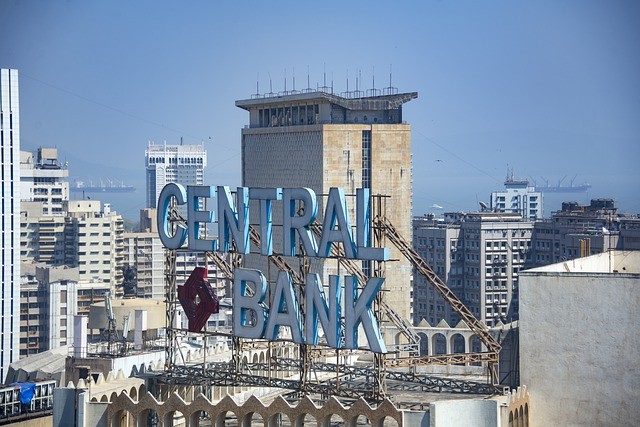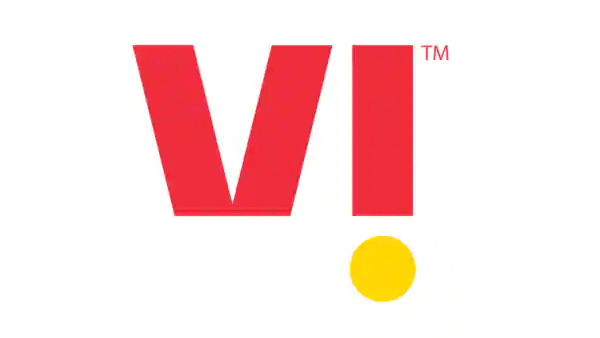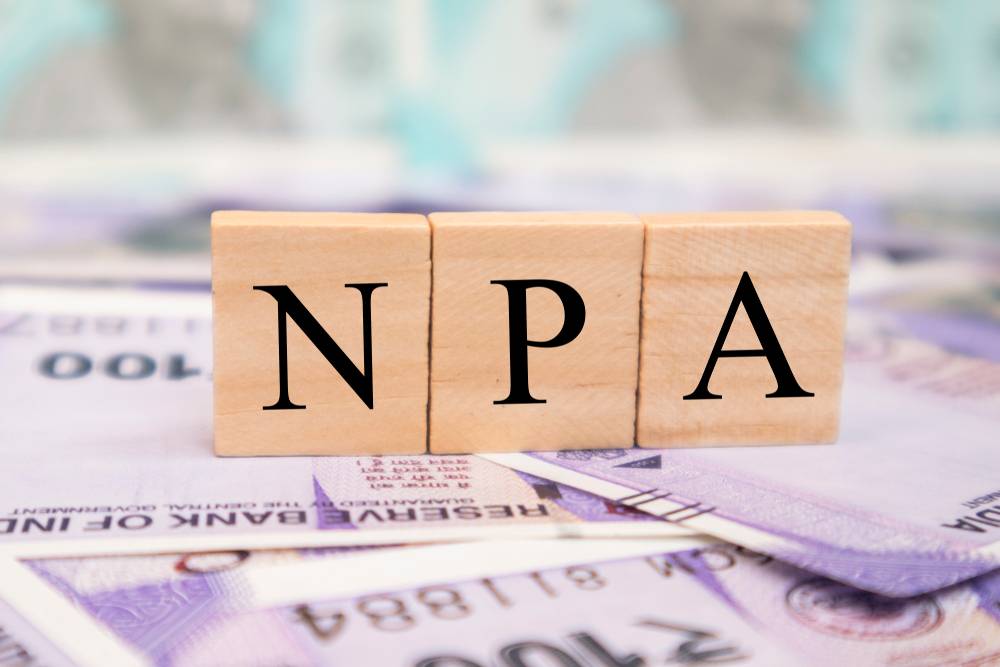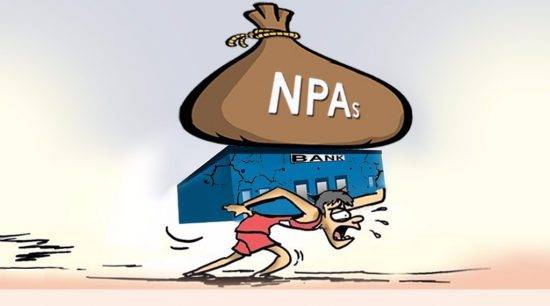
NEO Bank in India
With the rise of easy credit and convenience in the economy, NEO banks can be seen on the path to a successful trajectory. The financial woes being exacerbated by the pandemic, it has been the major contributor to the successful launch and trajectory of the NEO banks in India.
With higher digitization penetration in India and growing usage of mobile technology, the country has seen a paradigm shift from archaic physical banks to online banking being offered by NEO banks. Thus, it can be rightly stated that the pandemic has ushered the paradigm and a seismic shift in the banking and payments industry in India.
A NEO bank is a bank that operates bank exclusively online. With its newer system of operation, it does not have any traditional physical branch networks. Thus it can quite rightly be stated as a new entrant in the digital payments space.
The detestable hurdles
Talking about the NEO banks in the Indian context, neo-banks are not directly regulated by the banking regulator. This is mainly due to the fact that RBI does not grant licenses for operating virtual banks in India. It is interesting to note that it effectively has permitted conventional banks to outsource certain functions.
This has been done under the guidelines on managing code of conduct and risks in outsourcing financial services. This was back in 2006. With the newer regulations, the association or the ability to partner with cooperative banks has been limited and has been curtailed. The ability to partner with the NEO banks has been done in the case of serving the unbanked or underbanked sectors.
It is to be noted that there are certain sectors like agriculture that are underbanked or underserved by the banks. But with the curtailment of the partnership of the co-operative banks and the Neo banks, has curtailed and restricted outsourcing of core management functions.
It is to be noted that Indian neo-banks typically enter into partnerships with Cooperative banks to outsource arrangements in order to provide a host of products and services to various sectors. Thus, since the banks have been barred to outsource core management functions such as compliance functions, internal audits, and decision-making functions, they will be barred from offering some key banking services.
This is mainly due to the fact that most crucial core management functions have been denied to the NEO banks like compliance with know your customer (KYC) norms and sanctioning loans and investment portfolio management, which are quite crucial for any entity that is effectively offering banking services.
Now, it is to be noted that NEO banks are of strategic importance in the economy. First, as aforementioned, it finances the unbanked sectors that have a hard time getting loans for functioning. This includes some crucial sectors like agriculture which is the largest contributor to the economy.
Secondly, the Neo-banks have been targeting both the retail and the business sector. Given that these sectors were the worst hit during the pandemic and are still reeling under the effect of the pandemic, NEO has taken the central stage in rebuilding the economy.
NEO banks have been helping the retail sector and the MSMEs to effectively open digital savings or current bank accounts. But with the latest amendments of RBI, such an ambition might be hazy. Additionally, NEO banks are best suited for facilitating money transfers efficiently using existing payment rails. This is mainly done by Neo-banks to support their customers in availing credit lines; thus they often act as a direct selling agent for financial institutions. Thus, NEO banks’ attributes are quite crucial.
Given the aforementioned detestable attributes, several other factors contribute to the block in the NEO banks’ functioning. The main hurdle is the ambiguity that is offered by the RBI. This is due to the fact that the RBI does not entirely recognize virtual banks. On the other hand, it does not even regulate neo-banks. As a matter of fact, many neo-banks choose to act as business correspondents of various conventional banks. This is effectively leading the entities to further financial inclusion in remote areas. This is due to the fact that in order to act as BCs, companies need to effectively have widespread retail outlets.
Secondly, the biggest discrepancy that NEO banks are facing is the threat to security. this is due to the fact that conventional banks would emphatically expect infrastructure and security practices of neo-banks. This would be effectively needed before partnering with them.
 Thus in pursuit of a successful partnership, NEO banks will have to definitely upgrade their systems so that safer services can be provided. Lastly, the most important cornerstone of the whole structure is data privacy. It is to be noted that for secure online transactions and payment systems, ensuring data privacy is the key.
Thus in pursuit of a successful partnership, NEO banks will have to definitely upgrade their systems so that safer services can be provided. Lastly, the most important cornerstone of the whole structure is data privacy. It is to be noted that for secure online transactions and payment systems, ensuring data privacy is the key.
Thus, given various roadblocks in the future of the NEO banks, it is quite hard to decipher the future of the same at the moment. Perhaps, bringing the NEO banks under the ambit of the RBI regulations will be a start. With regulations in place, credit debacle or bubble can be avoided, which can prove quite crucial for the upcoming future of the upcoming digital payments system.
On the other hand, with the onslaught of the pandemic, the RBI should emphatically consider fully embracing virtual or branch-banking services. Thus, what will be the stance of the government or the RBI is something we’ll have to wait and watch.
Tags: neo bank in india, virtual banks in india, bank neo, neo banking, neo banking meaning, neo banking in india, neo bank digital, india neobanks, indian neobanks, neo internet banking,
neo bank blocks


 But here it is to be noted that only commercial banks have the access to central banks’ balance sheets. This also effectively includes that central banks’ reserves are already held as digital currencies, this is why central banks will be more efficient and cost-effective than any other payments platform in mediating interbank payments and lending transactions.
But here it is to be noted that only commercial banks have the access to central banks’ balance sheets. This also effectively includes that central banks’ reserves are already held as digital currencies, this is why central banks will be more efficient and cost-effective than any other payments platform in mediating interbank payments and lending transactions. Though, it is to be noted here that RBI, as the issuer of CBDC, will effectively decide whether CBDC tokens will be interest-bearing and whether the ability to “convert” CBDC to physical cash shall be given or not. Additionally, RBI will also decide upon the degree of anonymity that will be associated with the use of CBDC, which seems quite unlikely as anonymity of character is what will render RBI’s vigilance and analyzing program useless.
Though, it is to be noted here that RBI, as the issuer of CBDC, will effectively decide whether CBDC tokens will be interest-bearing and whether the ability to “convert” CBDC to physical cash shall be given or not. Additionally, RBI will also decide upon the degree of anonymity that will be associated with the use of CBDC, which seems quite unlikely as anonymity of character is what will render RBI’s vigilance and analyzing program useless.
 This was done as a part of the stimulus package. Simultaneously, various loans, in order to revive the economy were placed out. Thus, the government’s amalgamation of fiscal, monetary, and regulatory interventions that ensured the almost normal functioning of the Indian financial markets can be called a recipe for disaster for future troubled banks of India.
This was done as a part of the stimulus package. Simultaneously, various loans, in order to revive the economy were placed out. Thus, the government’s amalgamation of fiscal, monetary, and regulatory interventions that ensured the almost normal functioning of the Indian financial markets can be called a recipe for disaster for future troubled banks of India.
 In addition to court proceedings, another potential discouragement that has come for various other investors is that Kumar Mangalam Birla has stepped down as non-executive director and non-executive chairman of Vodafone Idea. Additionally, much to the dismay of the telecom giant and its investors, he has offered the government to buy out Aditya Birla’s group’s stake in the
In addition to court proceedings, another potential discouragement that has come for various other investors is that Kumar Mangalam Birla has stepped down as non-executive director and non-executive chairman of Vodafone Idea. Additionally, much to the dismay of the telecom giant and its investors, he has offered the government to buy out Aditya Birla’s group’s stake in the  However, banks that are already marred with a huge number of defaulters like PNB will not be highly affected by such a debacle. This is due to the fact that PNB’s stake in the company is not very high, thus, it is not going to impact PNB’s balance sheet.
However, banks that are already marred with a huge number of defaulters like PNB will not be highly affected by such a debacle. This is due to the fact that PNB’s stake in the company is not very high, thus, it is not going to impact PNB’s balance sheet.

 As previously stated, the company’s prospects for raising funds appear bleak. But why are Vodafone’s investors blocking the company’s last hope of survival? Any new strategic investor will be putting billions of dollars into the government coffers, which is a necessary fact. This practically means that the funds will be transferred to the government rather than being strategically or successfully reinvested in the company to prepare it for the new 5G world.
As previously stated, the company’s prospects for raising funds appear bleak. But why are Vodafone’s investors blocking the company’s last hope of survival? Any new strategic investor will be putting billions of dollars into the government coffers, which is a necessary fact. This practically means that the funds will be transferred to the government rather than being strategically or successfully reinvested in the company to prepare it for the new 5G world. The whole shambles began after the Supreme Court ordered telecom companies to pay their AGR debts. The AGR-related dues to the government totaled Rs 93,520 crore, and they had to be paid over a ten-year period. Though Vodafone filed a review petition but considering the past events the chances of overturning the judgment are quite less.
The whole shambles began after the Supreme Court ordered telecom companies to pay their AGR debts. The AGR-related dues to the government totaled Rs 93,520 crore, and they had to be paid over a ten-year period. Though Vodafone filed a review petition but considering the past events the chances of overturning the judgment are quite less.
 But such easy credit necessarily isn’t helping the economy. As a simple rule of economics,
But such easy credit necessarily isn’t helping the economy. As a simple rule of economics,  According to the reports, Retail inflation had effectively broken away from the Reserve Bank of India’s tolerance limit of 6% in the month of June. Consequently, it had risen to just above 6.73% for the month of July. But, for the month of August, it had taken a dip to 6.69%, which emphatically points towards its persistence in the economy. A closer look at the data shows that the immense contributor to inflation is the increasing food prices. Of these, protein-rich items are especially getting dearer.
According to the reports, Retail inflation had effectively broken away from the Reserve Bank of India’s tolerance limit of 6% in the month of June. Consequently, it had risen to just above 6.73% for the month of July. But, for the month of August, it had taken a dip to 6.69%, which emphatically points towards its persistence in the economy. A closer look at the data shows that the immense contributor to inflation is the increasing food prices. Of these, protein-rich items are especially getting dearer.

